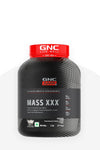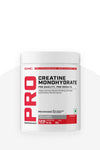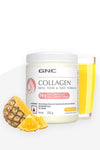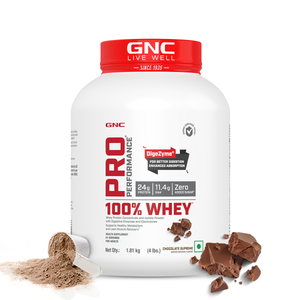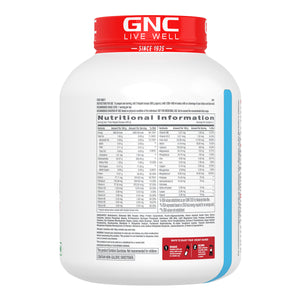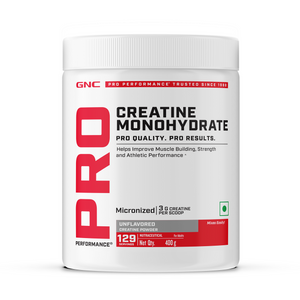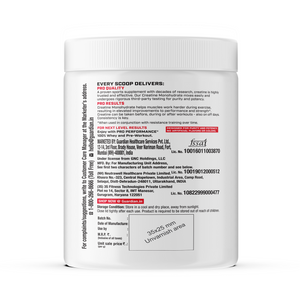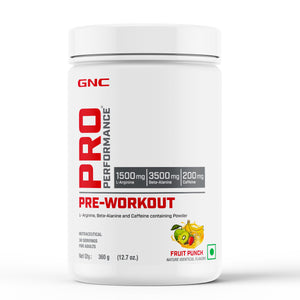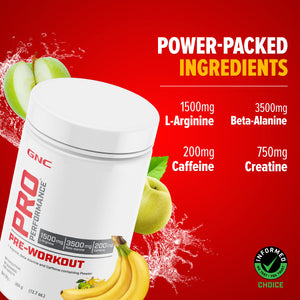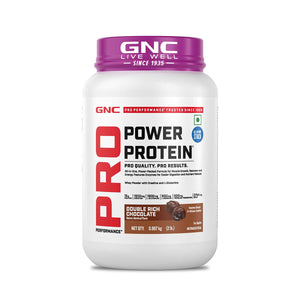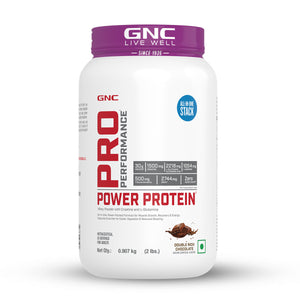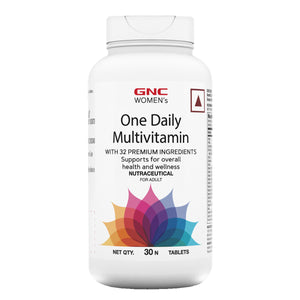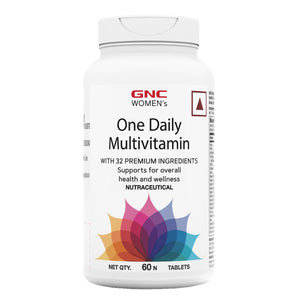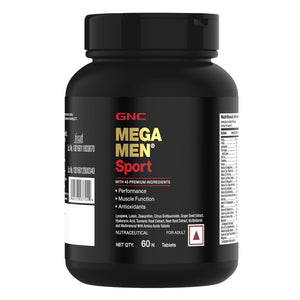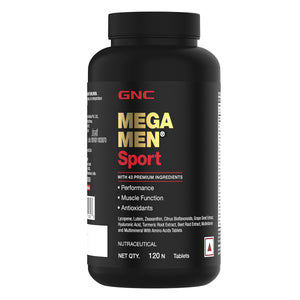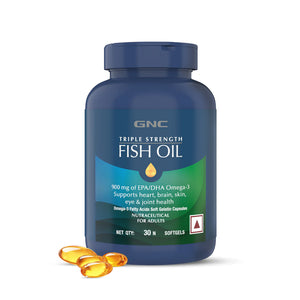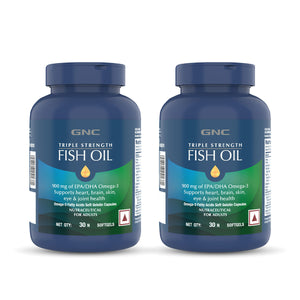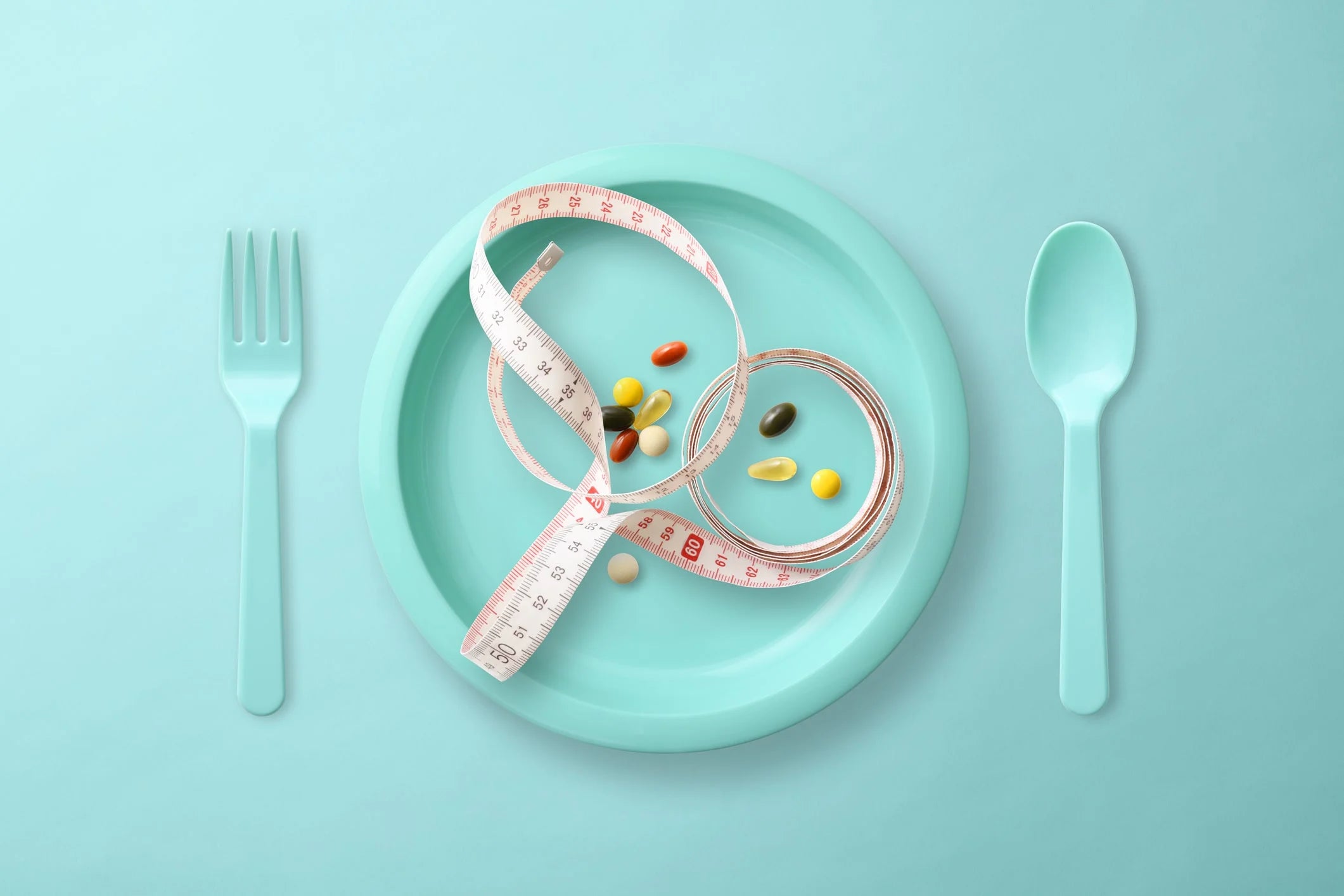- Multivitamin
A whopping 89% of adults do not get the recommended servings of fruits and vegetables each day! These foods are vital for maintaining good health because of their high vitamin and mineral content. The good news is that these nutrients are found in most multivitamins and aid you in meeting your daily nutrient needs.
Even better, multivitamins also a source of antioxidants.
- Vitamin D3
Experts recommend that adults get up to 1000 IU (International Units) of Vitamin D every day. This is the equivalent of 10 glasses of milk. Some foods are fortified with D but the vitamin is only naturally occurring in a handful of foods including some types of fish, like salmon and sardines. Eggs, cheese, and mushrooms contain small amounts which make it very difficult to get enough D through diet alone. Fortunately, we also get vitamin D from exposure to sunlight, but depending on the time of year, where you live, the amount of outdoor activity you do, it may be difficult to get vitamin D this way.
- Calcium
Over 99% of total body calcium is found in the bones and teeth, so needless to say, it’s vital for strong and healthy teeth and bones. How important is it? Getting an adequate amount every day along with a healthy diet may help to reduce the risk of osteoporosis later in life. Consume adequate amounts of calcium when you’re younger to build up the calcium stores in your bones. Calcium can be found naturally in milk, cheese, and yogurt, foods that are often avoided or consumed in small quantities. Fortunately, adding a calcium supplement to your daily regimen can help you meet your daily needs.
- Fiber
The recommended fiber intake is 25-35 grams per day and the average person only gets 15 grams daily. Fiber has many important functions in the body including:
Weight Management – Fiber increases your feeling of fullness and satiety so you eat less and wait longer between meals.
Cardiac Health – Soluble fiber has been shown to help lower blood cholesterol when regularly eaten as part of a diet low in saturated fat, trans fat, and cholesterol. High soluble fiber foods include oatmeal, beans, peas, rice bran, barley and citrus fruits.
Digestion – Fiber provides relief from occasional constipation. It gently cleanses the colon and helps eliminate unwanted toxins from the body
- Fish Oil/Omega-3 Fatty Acids
Fish oils naturally provide the omega-3 fatty acids EPA (Eicosapentaenoic Acid) and DHA (Docosahexaenoic Acid). These essential fatty acids play many roles in our body. Omega-3 fatty acids are necessary for cardiac health as they support normal, healthy cholesterol levels and aid in the maintenance of normal blood pressure. In addition to cardiac health, omega-3 fatty acids help with joint health, eye and brain function and skin health.
The American Heart Association recommends that healthy people should consume 1 gram per day of omega-3 fatty acids. DHA is essential for normal brain development of developing babies so pregnant women should consume at least 200 mg of DHA per day.
The average daily consumption of EPA + DHA is 0.1 to 0.2 grams, which is about 5 times lower than what health organizations recommend.
Not into fish? Flaxseed and flaxseed oil is a great, vegetarian substitute that provides omega-3 fatty acids.
- Probiotics
Probiotics are living organisms (or healthy bacteria) found in foods and supplements that provide health benefits. Probiotics are naturally found in yogurt, buttermilk, and miso (fermented soybean paste). These beneficial bacteria are similar to those found normally in your body, which is often decreased by different lifestyle factors and health conditions. Probiotics help preserve a balance of good bacteria or “flora” in the digestive tract. They can help to replenish the friendly bacteria that can be depleted by age, poor diet, stress, antibiotic therapy and certain medical conditions. As a result, probiotics protect against harmful bacteria. Multiple scientific studies confirm that consuming probiotics regularly can significantly improve digestive and immune health. Supplementation has been shown to be especially beneficial for improving regularity and stomach comfort post-antibiotic therapy and during traveling. Additional research suggests that probiotics may also help maintain oral and skin health.
- Vitamin C
Vitamin C is a protective antioxidant that protects from free radical damage that can result from many factors including aging and intense exercise. It is essential for healthy bones, teeth, blood vessels and collagen, the substance that forms the backbone of muscles, tendons, ligaments and bone, and also for the synthesis of the brain’s vital neurotransmitters. It’s essential for recovery and repair of cell damage, and, after strenuous training, it allows you to return to normal levels of muscle contraction sooner. In addition, Vitamin C is necessary for the absorption of iron and it may help support natural resistance and immunity.
- Resveratrol
Resveratrol is a dietary supplement found in the skins of red grapes and red wine. In addition to being a powerful antioxidant, it has recently been found to actually activate genes that are linked to healthy aging. It’s difficult to get resveratrol from food and beverages. To get 500 mg of it, you would need to drink up to 1,000 glasses of red wine! Resveratrol is an antioxidant that supports healthy aging by shielding cells from environmental impurities and free radicals that can destroy cells, damage tissues and promote the cellular aging process.
- Grape Seed
Grape Seed and Grape Seed Oil is an excellent source of antioxidants. Here is the rundown of the importance of antioxidants:
Antioxidants – Antioxidants are a class of vitamins, minerals and other nutrients that can help control damaging free radicals from forming in the body which may help protect cells. Besides fruits and vegetables, several herbs also have demonstrated antioxidant activity and high ORAC value, including Green Tea Extract.
Oxidation – Occasionally the bonds holding the body’s molecules together become damaged, leaving the oxygen molecules with an unpaired electron and creating an unbalanced state. These wobbly, unstable molecules are called free radicals. Free radical oxygen molecules react quickly to regain their balance by “stealing” an electron from the nearest stable molecule. This, in turn, creates another free radical, causing a chain reaction known as oxidation – the same process that causes cars to rust and apples to turn brown.
In the human body, oxidation damages cell structure and reduces the cells’ ability to function normally. Free radical damage can alter the genetic material (DNA) inside a cell, leading to unregulated cell growth, which could ultimately result in health concerns.
Free radicals are normal and necessary. However, too many free radicals can lead to cellular damage. Excess free radicals are produced when the body is overexposed to things like sunlight, alcohol, chemicals in food and water, certain drugs, air pollution, tobacco smoke, pesticides and herbicides, radiation, allergens, stress, excessive exercise, and aging.
We hope this list has given you the direction you need and the things you need to look ahead too.



